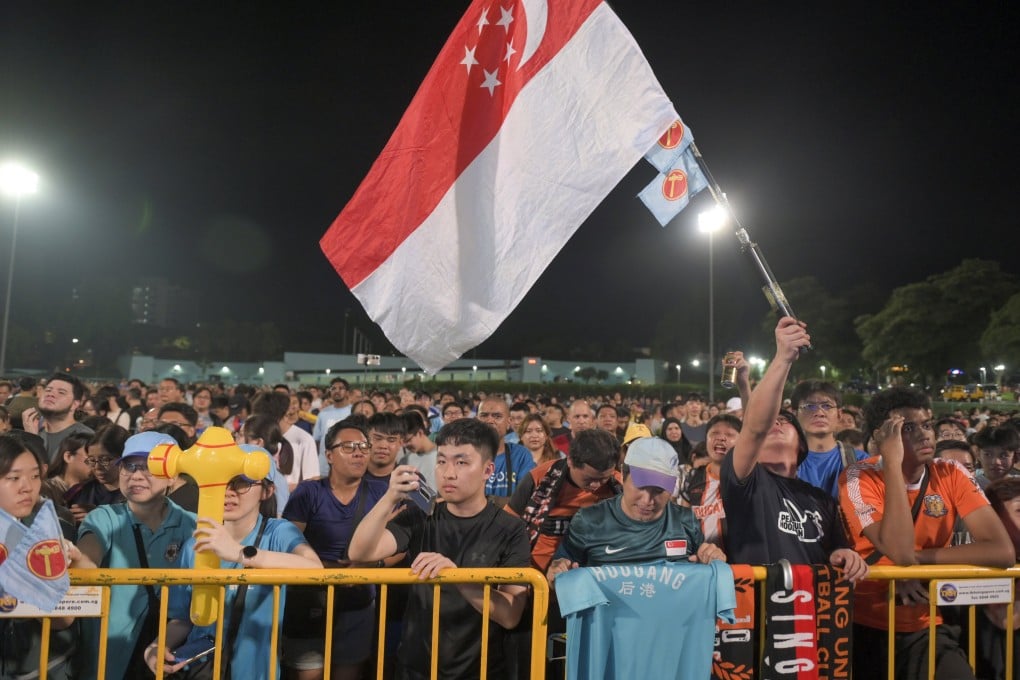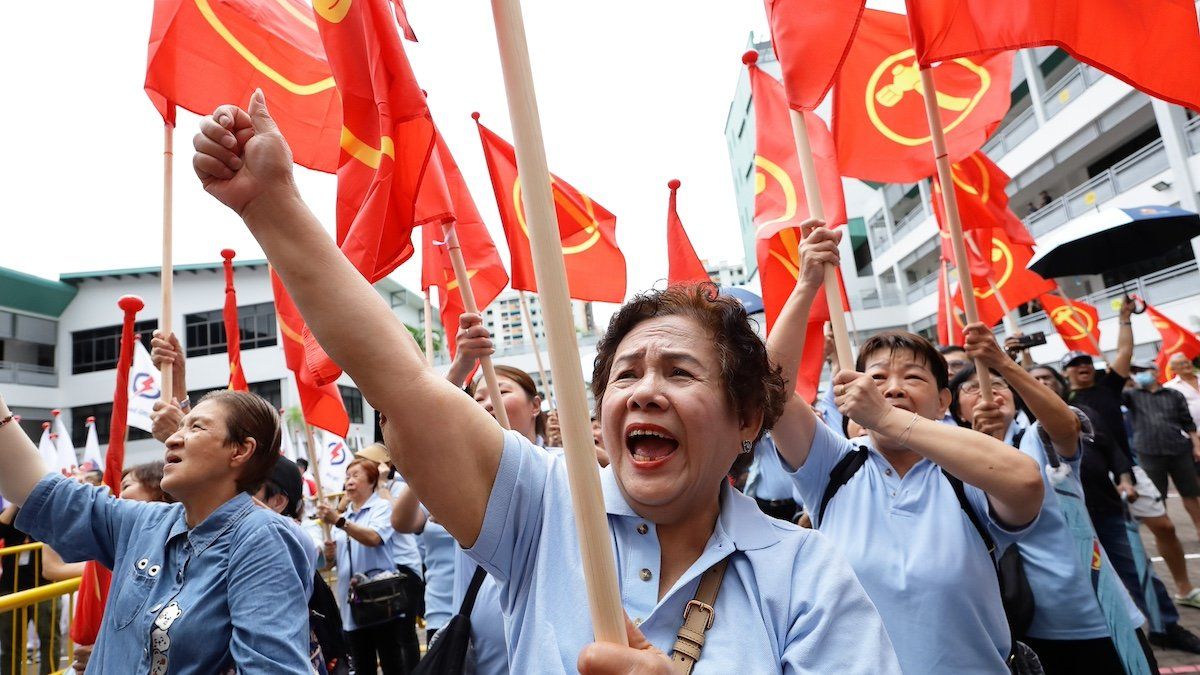2025 Election Aftermath: Economic Priorities and Generational Divide in Singaporeans' Financial Outlook
Singapore's 2025 General Election has concluded with a mixed bag of reactions from citizens across different age groups, revealing important insights about financial priorities and concerns that could shape economic policies in the coming years.

The Generational Gap in Post-Election Optimism
According to recent YouGov data, while 56% of Singaporeans overall express satisfaction with the election outcome, a striking generational divide emerges when examining the numbers more closely. Baby Boomers lead in satisfaction at 62%, while only 47% of Gen Z voters approve of the results.
More telling is the difference in financial optimism: a mere 37% of Gen Z respondents feel positive about Singapore's future under the new government, compared to 50% of Millennials and 56% of Baby Boomers. This generational divide in economic confidence could signal challenging times ahead for policymakers attempting to balance the needs of different demographic groups.

Financial Concerns Dominate Voter Priorities
The cost of living stands out as the overwhelming concern for Singaporeans across all demographics, with 65% identifying it as the top issue requiring government attention. Housing affordability follows at 29%, with healthcare and economic stability tied at approximately 25%.
This focus on financial issues was also evident in voters' assessment of how well their chosen parties addressed key concerns:
- 48% of voters felt their party effectively addressed cost of living issues
- 27% were satisfied with their party's approach to housing affordability
- 25% approved of how their party handled the Goods & Services Tax
Interestingly, opposition party voters reported higher satisfaction with their parties' handling of these economic issues compared to PAP voters, who were more focused on broader economic stability.

Voting Patterns and Economic Track Records
The data reveals that 41% of survey respondents voted for the People's Action Party (PAP), while 9% supported the Workers' Party (WP). A substantial 36% chose not to disclose their vote.
For 40% of voters, a party's track record was the primary influence on their decision. This factor was particularly significant for PAP voters, with 52% citing it as their main consideration. By contrast, Progress Singapore Party (PSP) voters were more swayed by party manifestos (38%), while Singapore Democratic Party (SDP) supporters prioritised candidate personality and character (54%).

Financial Outlook and Policy Expectations
The clear emphasis on cost of living, housing affordability, and economic stability suggests that Singaporeans expect concrete financial relief from the newly elected government. PAP voters, who make up the largest group of disclosed votes, particularly expect continued focus on economic growth alongside addressing other major concerns.
This concentration on financial wellbeing across age groups, but especially among younger Singaporeans, indicates that the government will need to develop targeted economic policies to address the specific concerns of different generations, particularly as Gen Z shows significantly less optimism about their financial future under the current leadership.

What This Means for Your Finances
For The Financial Coconut readers, this post-election landscape suggests:
- Cost of living relief measures will likely be a government priority, potentially through subsidies, tax adjustments, or other financial support mechanisms
- Housing affordability initiatives may see renewed focus, which could impact property markets and mortgage policies
- The current generational divide in economic confidence could influence how different age groups approach financial planning, investment, and retirement strategies
- The GST, as a significant concern for voters, may see policy adjustments or compensation packages to offset its impact
As the new government takes shape, Singaporeans would be wise to monitor policy developments in these key areas and adjust their financial strategies accordingly.
YouGov interviewed 1,533 Singaporean citizens aged 21 years and above between May 4-9, 2025, with an effective margin of error of 3.099%. The sample was representative of the population by age, gender, ethnicity, and electorate.
Let us know what you think about this topic, and what do you want to hear next.
You can now be our community contributor and make a pitch to have your favourite personality be on our show.
Join our community group and drop us your insights on this topic.

-3.png?width=50&name=Square%20(2)-3.png)







Let us know what you think of this post